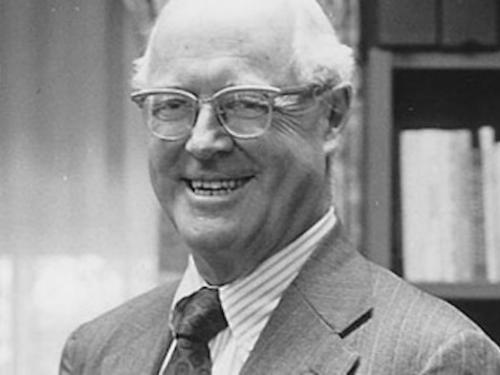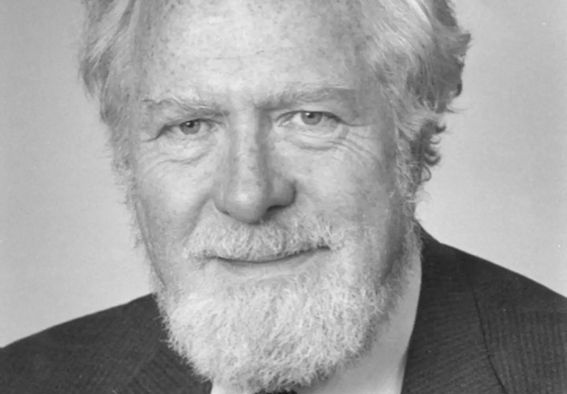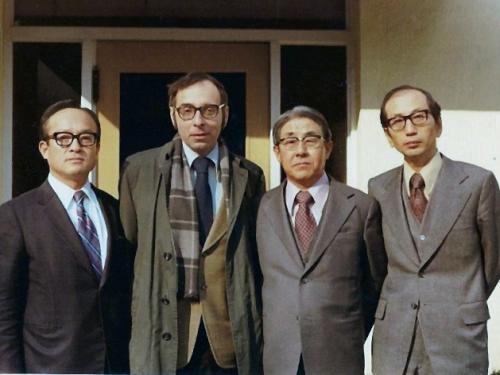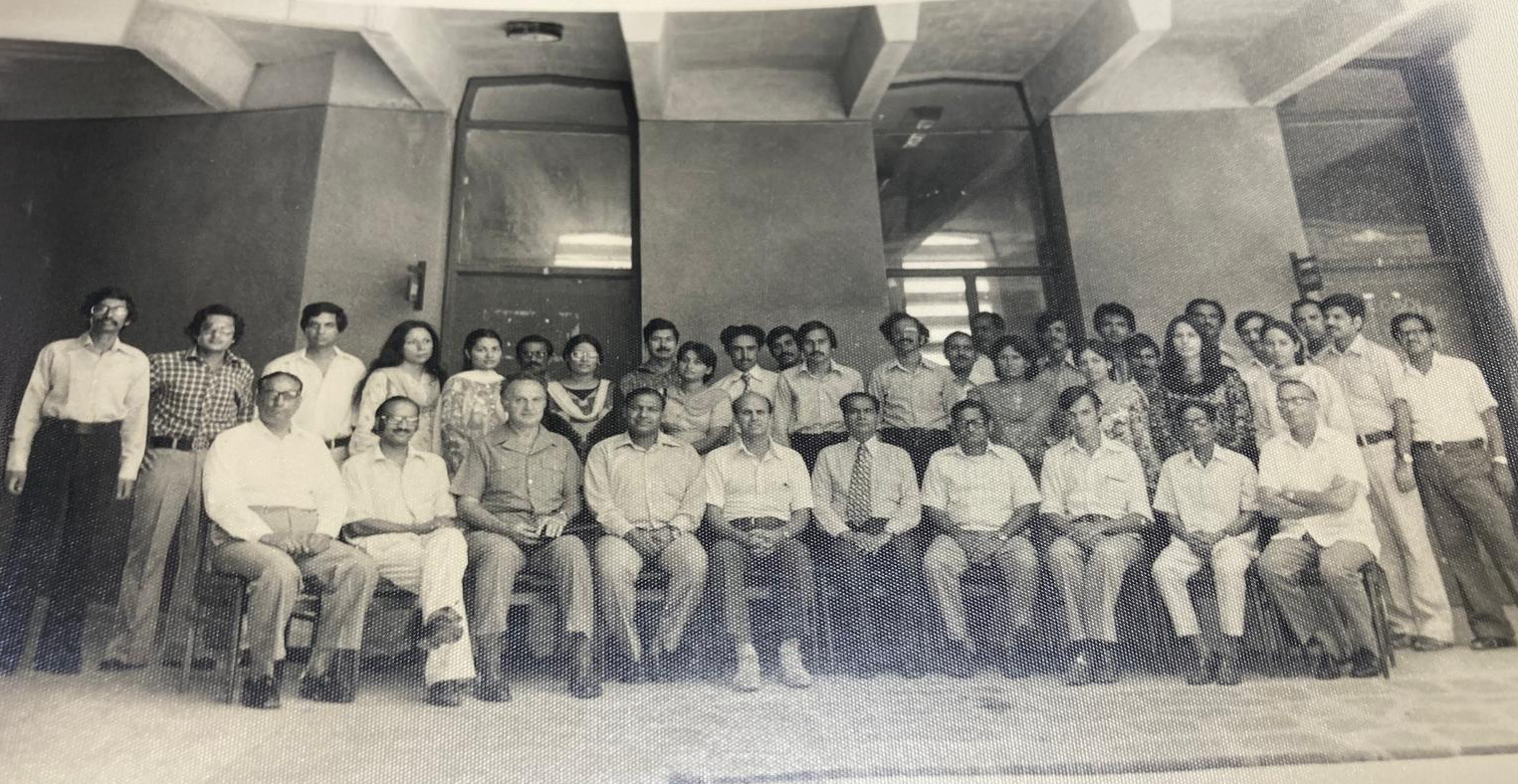The founding of EGC, the Country Studies program, and partnerships with institutions in the Global South
In the decade following EGC's founding 1961, the Center's economists built international partnerships and sought to understand the determinants of growth by visiting and analyzing developing countries. This series of articles tells their stories.
Yale Economic Growth Center, and the Development of Development Economics
Though a major area of economics today, the field of development economics was still nascent in the 1950s and 60s. During this period, when colonies were gaining their independence, questions of what issues should be posed by this field, by whom, and using what methods were robustly debated. Then, as now, EGC researchers led the way, investigating the links between economic growth, structural transformation, public policy, and individual outcomes, with a focus on how inequality and a changing climate affect individuals, especially those from marginalized groups.
In this series, we revisit the formative decades of the Yale Economic Growth Center, and examine how the Center sought answers to these pressing topics through research in the field.
Lloyd Reynolds and the founding of the Economic Growth Center
At a time when few American economists were studying international development, the chair of Yale Department of Economics sought to understand economies by examining them up-close.

The life and legacy of EGC visiting economist Dudley Seers
Dudley Seers was a British economist whose insights about development economics were far ahead of their time. As a visiting fellow at Yale’s Economic Growth Center (EGC) in the early 1960s, he produced two landmark papers that still resonate today.

Decolonization, Data, and Development: The Country Studies Program at Yale’s Economic Growth Center
The flagship research program of EGC's first decade, the Country Studies initiative sent economics PhDs around the world to conduct on-the-ground research and compile data on developing countries.

The Network Effect: The Legacy of the Economic Growth Center’s Country Studies Program
Young academics recruited for research by the Economic Growth Center in the 1960s went on to prominent roles in academia, government, and finance. For many of them, the program helped shape their work and research for the rest of their careers. Article forthcoming in YaleNews.

How an EGC collaboration with South Asian economists in the 1960s yielded era-defining research
In the 1960s, members of EGC's founding team connected with economists in Pakistan as they founded the Pakistan Institute of Development Economics. PIDE’s engagement with EGC fostered innovative research including the influential Fei-Ranis model of economic growth.
